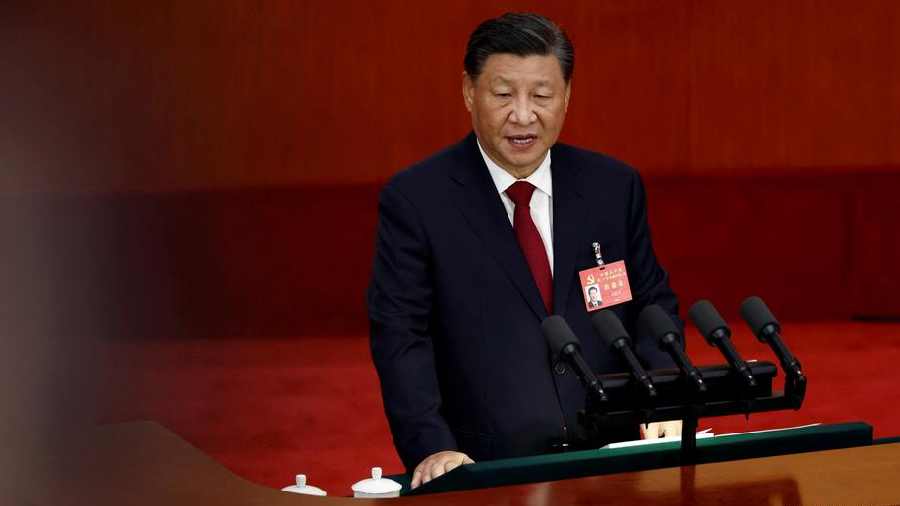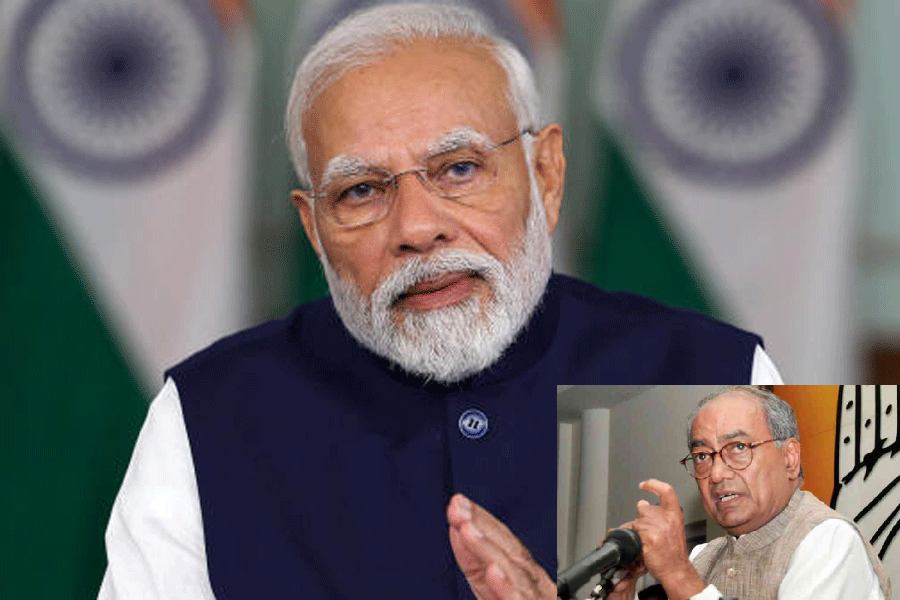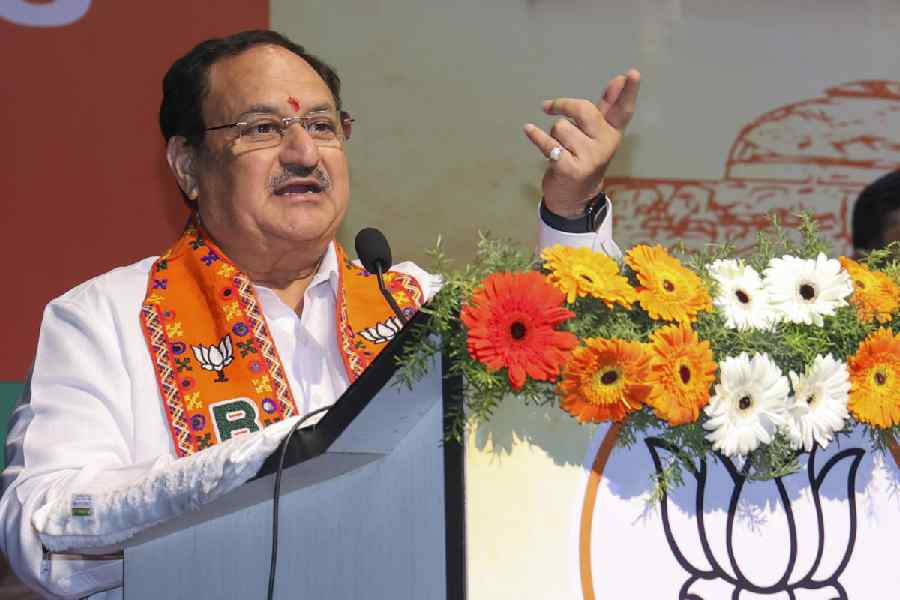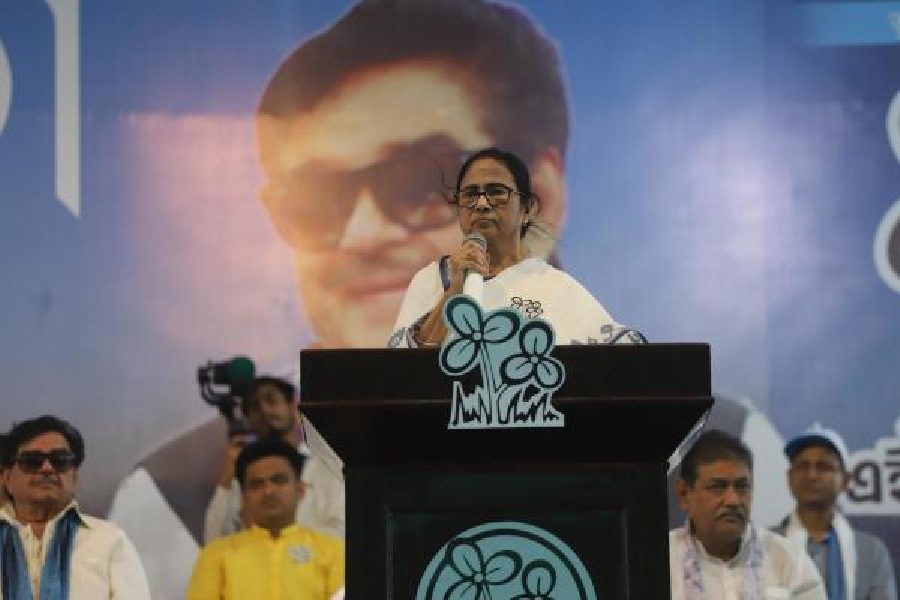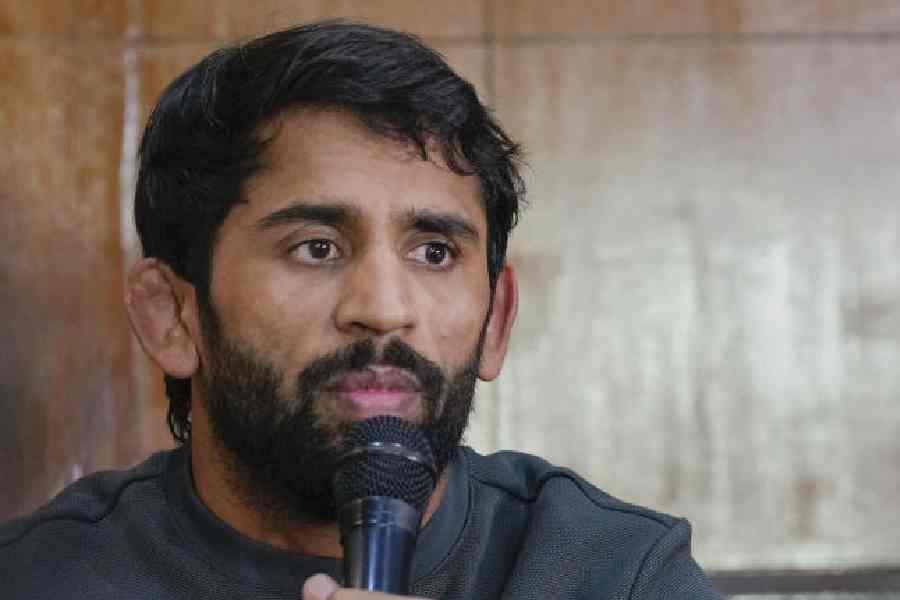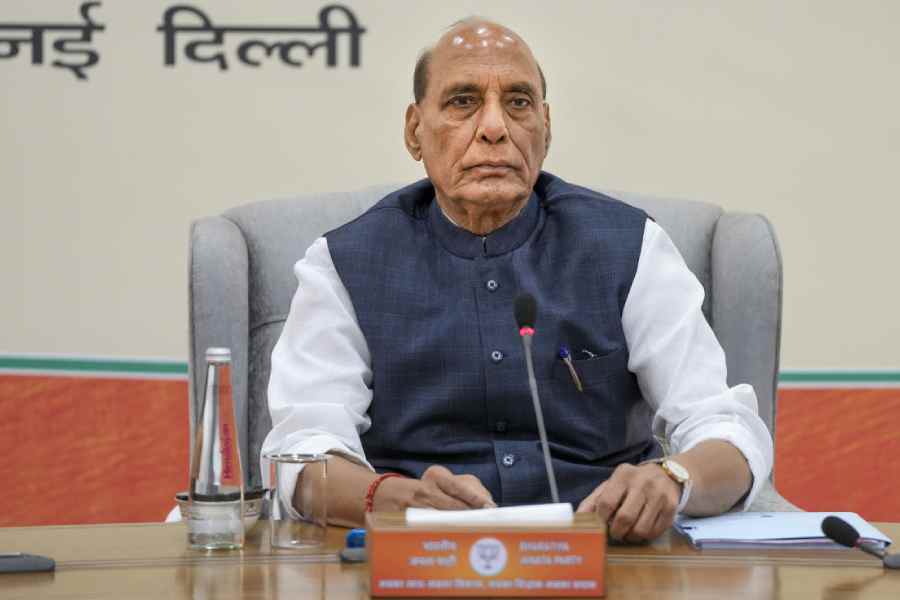As the Chinese Communist Party wound down its Congress last weekend, the country’s president, Xi Jinping, struck a note of caution. Mr Xi attacked Taiwan’s pro-independence movement and alluded to the United States of America as challenges before Beijing. The CCP Congress had just anointed Mr Xi as China’s most powerful leader since Mao Zedong; yet his warnings serve as a reminder of both the insecurity and the tactics that are key ingredients of authoritarian rule. While Mr Xi might have near-complete control over his party, many of his policies have led to stresses and challenges for China. Protests have been recorded across the country against his zero-Covid policy, which has also hobbled the economy’s recovery. Mr Xi’s crackdown on some of the country’s most successful emerging sectors, including tech, as well as China’s mounting tensions with the West have led to many global investors rethinking long-term plans in China. These are worrying signs for the CCP whose social contract with the Chinese people has long been a promise of economic prosperity in return for unquestioning political fealty.`
Against this backdrop, Mr Xi is doing what many leaders with an undemocratic mindset have done in the past — focus on ‘enemies’ that can be blamed for all his failures and targeted when a distraction from those shortcomings is needed. This is not to say that Taiwan and the US are not real challenges for China. But they are unlikely to shape China’s future anywhere near as much as Mr Xi’s own policies. He is not alone among contemporary leaders to adopt this approach. The Russian president, Vladimir Putin, chose to invade Ukraine on the unsubstantiated grounds that neo-Nazis are in power in Kyiv. In fairness, many supposedly democratic leaders have been as guilty of ‘Othering’ communities and countries that can be painted as villains. Very often, minority communities are targeted, whether it is Muslims in India under Prime Minister Narendra Modi, indigenous communities and LGBTQ people under Brazil’s president, Jair Bolsonaro, or migrants under a range of governments currently in power in Europe. It is a pattern that history has repeatedly thrown up — from the Nazis with Jews to the way in which the West and Soviet Union each used the other’s threat to clamp down on personal liberties at home.
It is vital for citizens — especially in democracies — to see through such narratives that fundamentally ask people to fix accountability not on their own governments but on another nation or an already vulnerable community. When governments and leaders in democracies like India conflate themselves with the nation — making any criticism of their policies an anti-national act — the threat is profound. Liberal democracies thrive when voters hold their elected representatives responsible not just during elections but every single day, through questions and debates. When a government tries to portray a minority community or another nation as the problem, it is usually a tell-tale sign that it has no real answers.

